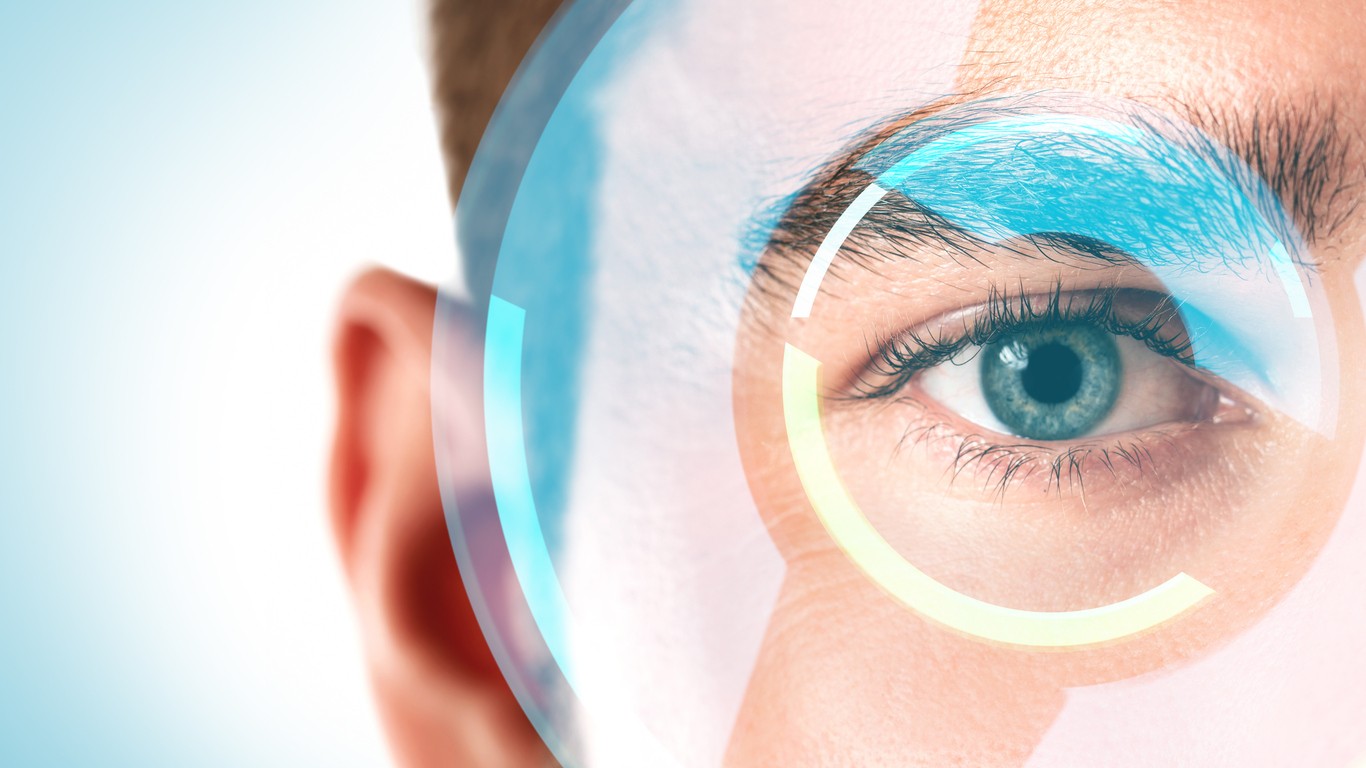All Categories
Featured
We frequently hear regarding shielding our skin from dangerous ultraviolet (UV) rays, however did you know that UV exposure can additionally considerably influence your eye health? Recognizing the results of UV rays on your eyes and exactly how to protect them is essential for keeping lasting eye health and wellness.
Kinds Of UV Rays. UV rays are categorized right into 3 kinds:
UVA Rays: These rays penetrate deep into the skin and can also impact the inner layers of the eyes. UVB Rays: These rays largely cause damages to the skin's surface but can additionally damage the cornea and lens of the eye. UVC Rays: While these are the most unsafe, they are mostly absorbed by the Planet's ambience and do not reach the surface area. Both UVA and UVB rays are damaging to your eyes, and with time, exposure can lead to significant eye conditions.
Short-Term Results of UV Exposure. Even brief exposure to extreme UV rays can cause instant eye damage. An usual short-term condition is photokeratitis, often described as "sunburn of the eye." Symptoms of photokeratitis include:
Soreness and inflammation. Sensitivity to light. Tearing or watery eyes. A sandy experience, as if something is embeded your eye. While the symptoms of photokeratitis are short-lived and usually resolve within a day or two, repeated occurrences can have collective impacts on your vision.
Long-Term Impacts of UV Exposure. Chronic UV exposure can add to numerous serious eye problems, consisting of:
Cataracts: Over time, UV rays can cause clouding of the eye's lens, bring about cataracts, one of the leading reasons of loss of sight worldwide.
Macular Deterioration: Long term UV direct exposure can harm the retina, specifically the macula, bring about age-related macular degeneration (AMD), which impacts main vision.
Pterygium: Additionally understood as "web surfer's eye," this condition involves the growth of a fleshy cells on the white component of the eye, which can expand over the cornea and effect vision.
Skin Cancer Cells Around the Eyes: The fragile skin around the eyes is vulnerable to UV radiation, increasing the danger of skin cancer cells, such as basal cell cancer.
Pinguecula: UV exposure can additionally bring about yellowish down payments on the conjunctiva, which can trigger irritability and pain.
How to Safeguard Your Eyes from UV Rays. Use Sunglasses with UV Defense: Constantly choose sunglasses identified as blocking 100% of UVA and UVB rays. Wrap-around styles supply additional security by blocking UV rays from the sides.

Use a Wide-Brimmed Hat: Hats with a broad brim can lower UV direct exposure by approximately 50%, supplying extra coverage for your eyes and face.
Avoid Top Sunlight Hours: UV rays are strongest in between 10 a.m. and 4 p.m. Limiting your outdoor activities throughout these hours can help lessen direct exposure.
Do Not Ignore Kids: Kid's eyes are more sensitive to UV rays, so ensure they wear sunglasses and hats when outdoors.
Put On UV-Blocking Get In Touch With Lenses: If you put on get in touches with, ask your eye care service provider about UV-blocking lenses for added defense.
Remain Protected Year-Round: UV damage isn't limited to summer; rays can reflect off surface areas like water, sand, and snow, making eye protection required all year.
Final thought. Shielding your eyes from UV rays is essential to protecting your vision and overall eye health and wellness. The effects of UV direct exposure may not constantly be prompt, however they can gather in time, bring about serious problems. By taking straightforward preventative measures like wearing UV-protective sunglasses, restricting direct exposure throughout optimal hours, and routinely going to an eye care expert, you can secure your eyes from the harmful impacts of UV radiation. Keep in mind, your eyes are irreplaceable-- take actions to secure them today.
Latest Posts
The Benefits of Regular Car Maintenance at Montclare Auto Repair Reduces Costs
Protect Your Home with Quality Residential Roof
How to Know When Your Car Needs Professional Auto Repair at Montclare Auto Repair